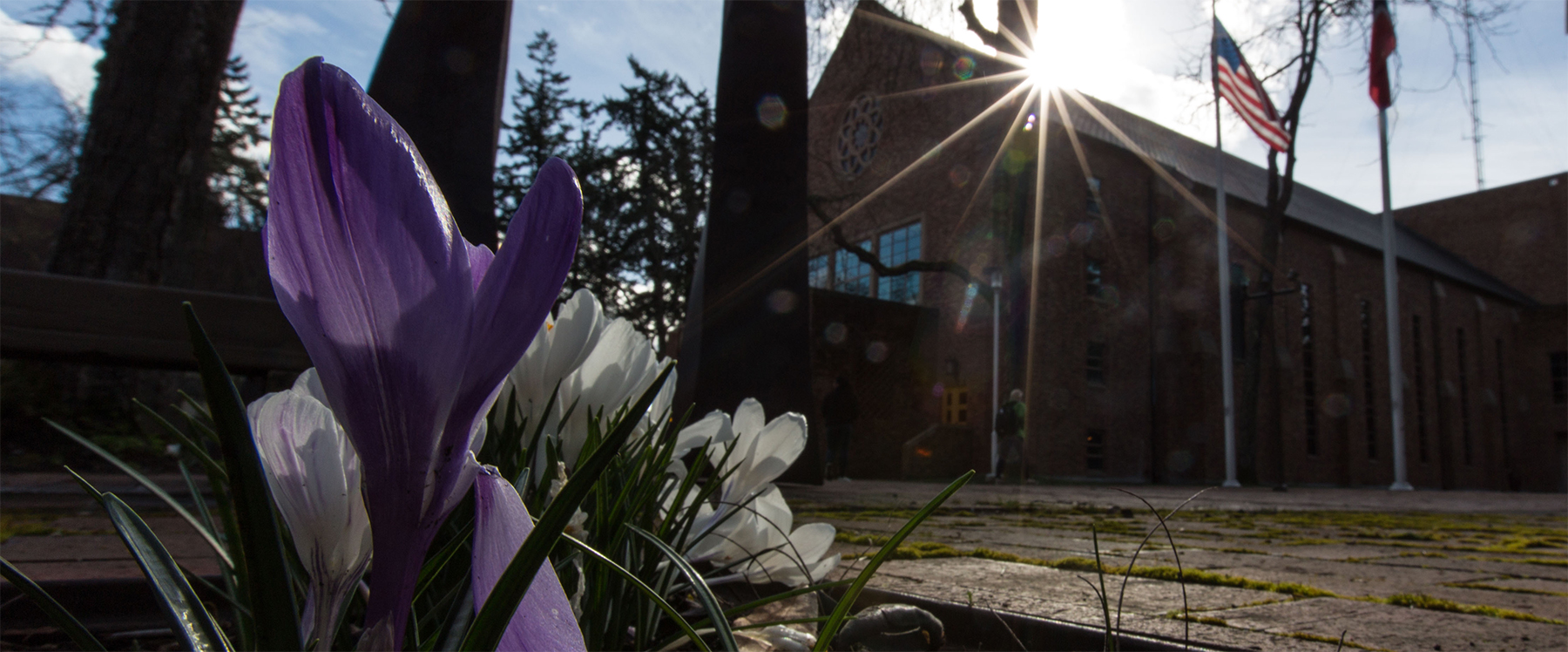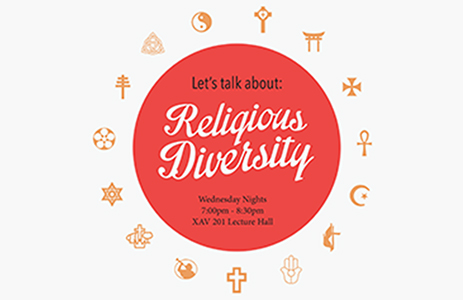The ‘L’ is not silent

Recently, I received a letter from a concerned parent and alumna commenting on how completely amazed and surprised she is at how different PLU is now, compared to her time here in the early 1980s. She has since returned to campus many times, but more in the past four years as her two daughters have both attended PLU, one graduating last year. Her concern stems from the fact that as she walked around campus, went on Admission tours, looked at bulletin boards and talked to students, it struck her how much more difficult it is to distinguish PLU from any public university. She goes on to say that when she has worshipped on campus over the past few years, there have been only 10 to 15 students in the congregation. She asks, “What has happened to the connection to faith? Are we being intentional to students at PLU offering them rich and meaningful opportunities for faith as a unique and important building block to a full and vibrant life? Is it a priority?”
The concerns that this alumna so eloquently voiced are the same ones with which we continue to grapple on a near daily basis. A strong sense of vocation, service to neighbor and the common good, curiosity and intellectual rigor, a sense that God is present throughout the entire creation, the freedom to ask questions and challenge authority, and all the other things that make up the great gift of Lutheran higher education are important “fruits” of the Reformation, and they pervade our campus in so many ways. In that sense, PLU is as “Lutheran” as it can be.
I think what this alumna and others are intuitively asking is, “Yes, we see the emphasis on vocation and service to the community (which you wouldn’t normally see at a secular university), but is PLU still connected to the roots which give life to these things?”
Tending to the “roots” requires the presence of a vital Campus Ministry, worship life including Morning Prayer and Sunday Eucharist, learning and service opportunities connected to Campus Ministry, a vibrant student-led University Congregation, and strong congregation partners in our surrounding community. This is exactly the project we’ve been tending to this year in rebuilding and re-visioning Campus Ministry under the invaluable leadership of Interim Pastor John Rosenberg. I think it’s fair to say that we see the connection and it IS a priority.
However — and this is where the tension lies — today’s PLU is a reflection of the students who inhabit it. Only 17.5% of our student body self identifies as Lutheran, so it is important that we also have an interfaith program that supports students from all religious backgrounds, even those who have no faith identity. The reason a person with no religious tradition would feel welcome at PLU is precisely because it is Lutheran: that is, because of the Lutheran emphasis on intellectual humility that is open to conversation with persons who come from other and no faith traditions, to say nothing of the biblical mandate to welcome others with hospitality. So following that mandate, PLU doesn’t just welcome, but actively seeks out students from every possible background — all religions, all races, all ethnic groups, all socioeconomic groups, all sexual orientations, from all over the world. We believe that students will have a richer experience in a diverse community, and will be better able to choose a life path that makes a difference — in their careers, in their personal and civic lives, and in the world they inhabit.
This creates an interesting, bilingual challenge for us: we must be proficient in speaking the language of Christian faith as understood with a Lutheran vocabulary, while also speaking the language of other religious traditions. It is a challenge, but we must do it. It is the responsibility of leadership across the university to nurture a clear Lutheran center that is, at the same time, wonderfully and hospitably open to other traditions. To teach this delicate skill of bilingualism to our students, faculty and staff members, we hold regular lecture series and retreat series, require religion courses, and there is also the important work of renewing our Campus Ministry. We measure and set goals for volunteering in the community, studying abroad with an emphasis on service learning, and other quantifiable measures that help our students find a meaningful place in our complex world.
We are helped in this endeavor by a strong relationship with the Synod in our collaborative review of Campus Ministry and Congregation Relations; by a number of PLU alumni who, encouraged by their growth and learning at PLU, have entered the Lutheran Volunteer Corps; and by recent graduates who have entered into public ministry and credit PLU professors who offered them encouragement. This alumna and parent is absolutely right on some of her concerns, concerns that we share, and that we are working to renew and reform. We are working hard to ensure that PLU is not just another university, indistinguishable from the pack. I invite our students, our alumni, our faculty and staff members, and our parents to help us on this mission.




